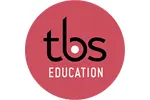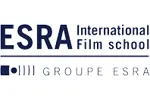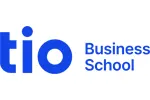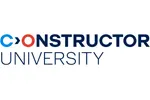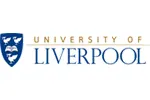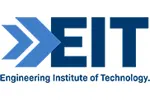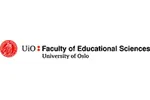The University of Leeds is one of the UK’s leading universities, world famous for its teaching and research and located in the heart of a vibrant, affordable and student-friendly city. We are first choice for more than 33,000 students from over 151 different countries and offer an exciting choice of over 500 undergraduate and 300 postgraduate courses.
We were delighted to have been named University of the Year 2017, awarded by The Times and The Sunday Times Good University Guide, which recognises the outstanding student experience at Leeds.
Inspiring knowledge and creating opportunities for students, our recent, major investments in our academic staff, research capabilities and campus makes Leeds a truly remarkable place.
Campus and facilities
The Edge is our state-of-the-art fitness, sport and well-being facility, which includes a 25m eight lane swimming pool and the largest fitness suite of any UK university.
University catered and self-catered accommodation is guaranteed for the duration of your studies if you are an international student and is available on campus, close to the city centre or further afield.
When you join the University of Leeds you join a vibrant student community. At its heart is Leeds University Union (LUU). With over 300 student societies dedicated to social, sporting, cultural, religious and international interests – from skydiving to student radio – it’s a great way to develop your interests, meet like-minded people and try out something new.
Academic focus
The University is acclaimed worldwide for the quality of its teaching at undergraduate and postgraduate level. Our staff have been awarded one of the highest numbers of National Teaching Fellowships in higher education, reflecting the high quality of our teaching and our commitment to making it even better.
We are investing £150m in our people to further boost our research excellence, developing a vibrant PhD and postdoctoral community and attracting new senior researchers. We have the strength and facilities to contribute distinctive research to help tackle seven global challenges - cities, culture, energy, food, water, health and high value engineering.
Fast facts about University of Leeds
- In top 100 universities for academic reputation (QS World University Rankings, 2018)
- top 10 universities in the UK (The Times and The Sunday Times Good University Guide 2018)
- 89% of final year Leeds students said they were either satisfied or very satisfied with the overall quality of their course (National Student Survey, 2017)
- Top 10 university for research in the UK (Research Excellence Framework, 2014)
- Top 5 UK university for graduate recruitment (The Graduate Market in 2017, High Fliers Research)
- One single campus 10-minutes walk from the city centre
- £520 million will be invested in our campus between 2015 and 2020
- 7,000+ international students study with us each year from over 151 countries
- We are a member of the Russell Group of research-intensive universities



